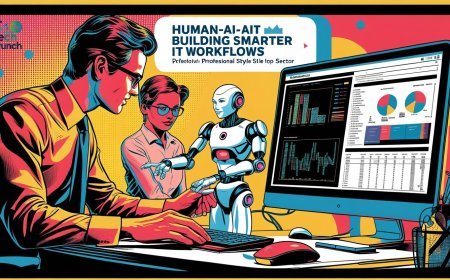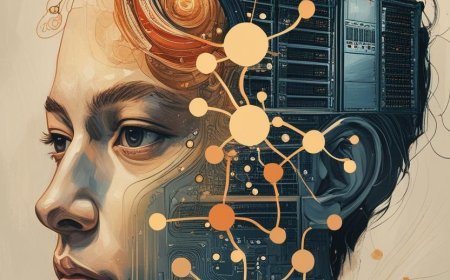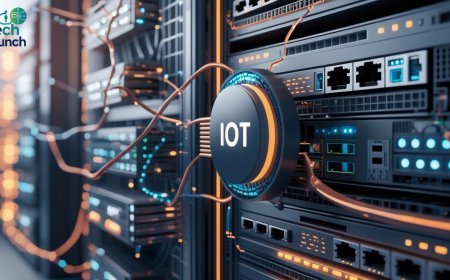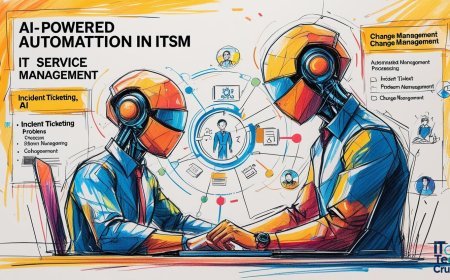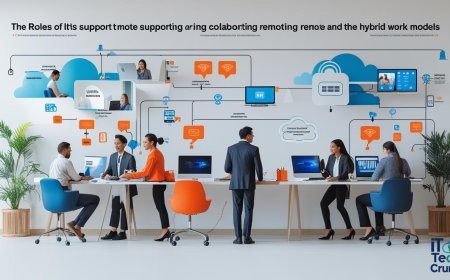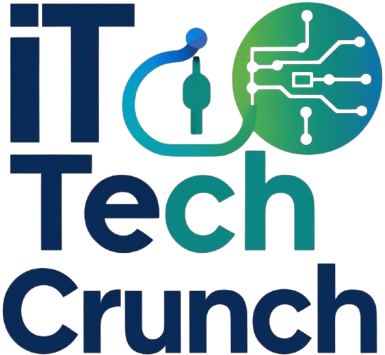The Evolution of Artificial Intelligence in Business Applications
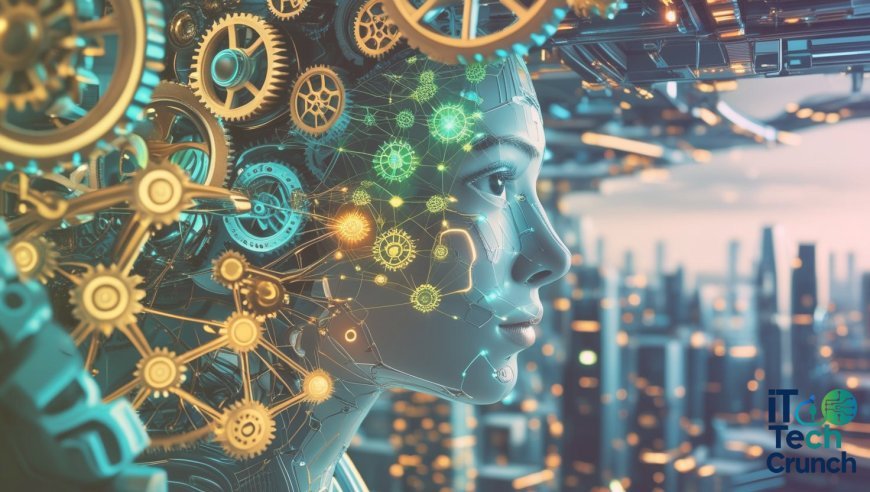
The Evolution of Artificial Intelligence in Business Applications
Artificial Intelligence (AI) has gradually moved from being a futuristic concept to becoming an essential part of everyday business operations. What began as a set of algorithms meant to mimic human decision-making has evolved into a powerful tool that reshapes how companies operate, compete, and grow. In 2025, AI is no longer just an accessory to businessit’s a central driver of innovation, efficiency, and customer engagement.
The journey of AI in business started with basic automation and data processing. Tasks that once required human oversightlike sorting through customer service emails or processing invoicesbegan to be handled by intelligent systems. As machine learning models became more refined, AI grew capable of not just following rules, but learning patterns, making predictions, and even offering recommendations. This shift allowed businesses to respond more quickly to market demands and customer needs.
Today, the integration of AI into business applications is far more dynamic and nuanced. In customer experience, for instance, AI powers personalized recommendations, conversational chatbots, and real-time service improvements. Customers no longer need to wait in long queues or scroll endlessly to find what they’re looking forAI understands their preferences, anticipates needs, and delivers instant results.
In operations and logistics, AI plays a crucial role in optimizing supply chains. From forecasting demand to managing inventory and identifying bottlenecks, businesses are using AI to reduce waste, lower costs, and increase speed to market. It’s no longer about reacting to problems but preventing them before they arise.
AI is also transforming decision-making in leadership and strategy. Executives are leaning on AI-driven insights to guide investments, product development, and risk management. These systems can process massive datasetsfar beyond human capabilityand distill them into actionable insights. It’s not about replacing intuition but enhancing it with data that’s timely, relevant, and predictive.
The workplace itself is evolving, too. AI is becoming a digital colleague, supporting employees with task management, learning assistance, and even creative brainstorming. Rather than replacing jobs, AI is reshaping roles and pushing humans to focus more on creativity, emotional intelligence, and strategic thinking.
As AI continues to mature, ethical considerations are gaining more attention. Businesses are being urged to build responsible AI frameworksensuring transparency, fairness, and accountability in how these systems are trained and used. It’s a reminder that technology should serve people, not the other way around.
The evolution of AI in business is not just about machines becoming smarterit’s about businesses becoming more human in how they operate. By making processes smarter, interactions more personal, and decisions more informed, AI is helping businesses connect more deeply with the people they serve. The journey is far from over, but one thing is clear: AI is no longer just a tool. It’s a partner in the ongoing story of business transformation.
